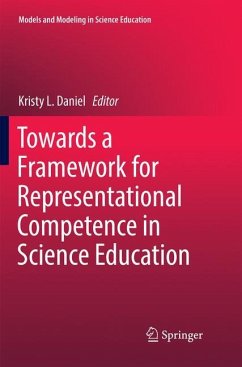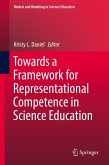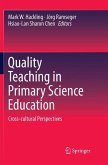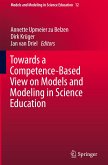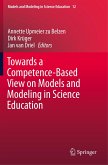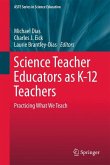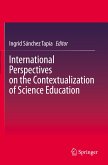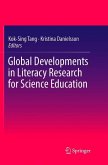This book covers the current state of thinking and what it means to have a framework of representational competence and how such theory can be used to shape our understanding of the use of representations in science education, assessment, and instruction. Currently, there is not a consensus in science education regarding representational competence as a unified theoretical framework. There are multiple theories of representational competence in the literature that use differing perspectives on what competence means and entails. Furthermore, dependent largely on the discipline, language discrepancies cause a potential barrier for merging ideas and pushing forward in this area. While a single unified theory may not be a realistic goal, there needs to be strides taken toward working as a unified research community to better investigate and interpret representational competence. An objective of this book is to initiate thinking about a representational competence theoretical framework across science educators, learning scientists, practitioners and scientists. As such, we have divided the chapters into three major themes to help push our thinking forward: presenting current thinking about representational competence in science education, assessing representational competence within learners, and using our understandings to structure instruction.
Bitte wählen Sie Ihr Anliegen aus.
Rechnungen
Retourenschein anfordern
Bestellstatus
Storno

